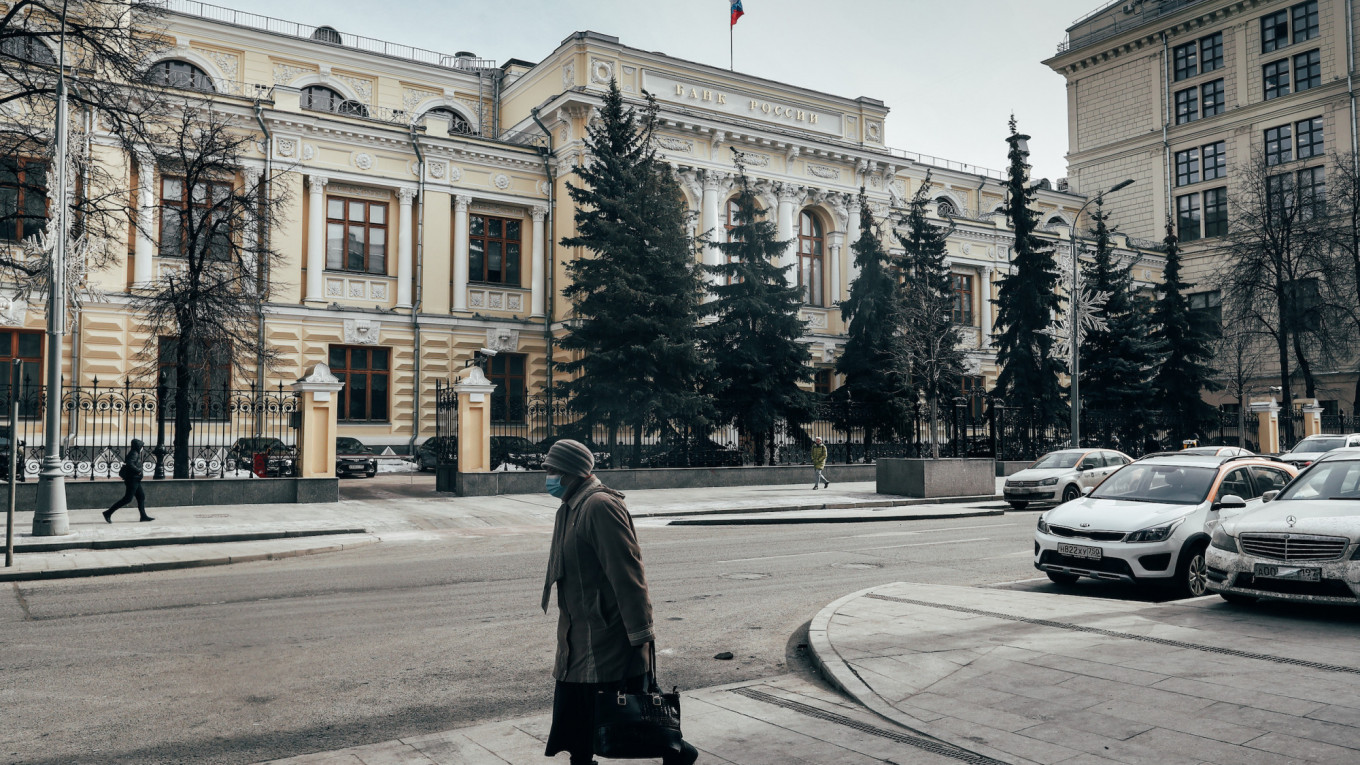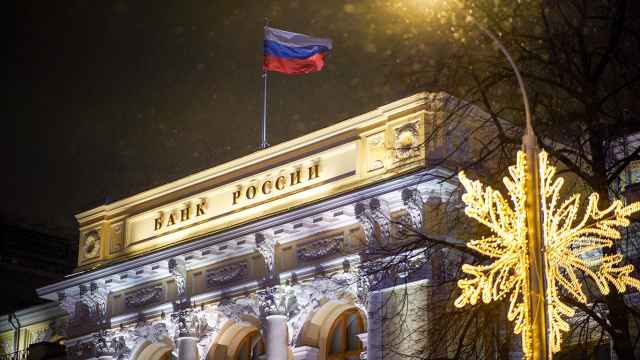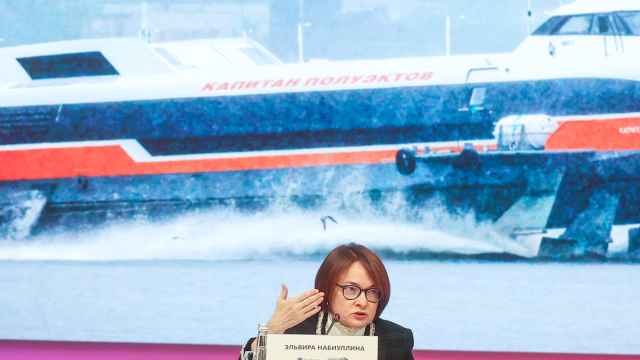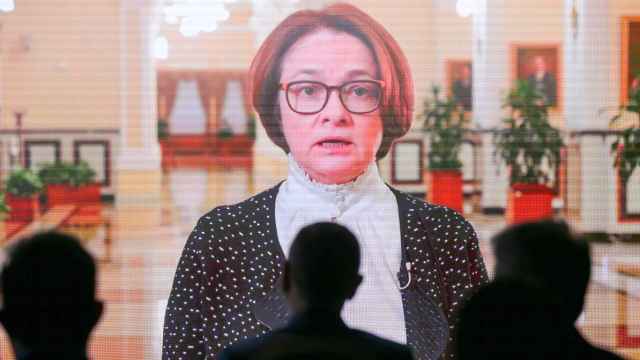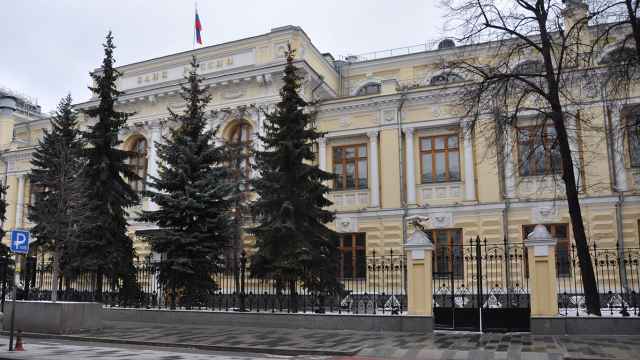Russia’s Central Bank has hiked interest rates to 6.75% in its ongoing battle to tame soaring inflation, which threatens to undermine the country’s economic recovery in the wake of the coronavirus pandemic.
The bank announced its fourth successive rate hike Friday following a meeting of its rate-setting committee — an increase from the previous level of 6.5%.
The move was widely expected by economists, although most had predicted the bank could go further and raise rates to a level of 7%.
Inflation in Russia accelerated to its highest level in five years over the summer, with prices rising at an annual rate of 6.7%, stoking public discontent and concern inside the Kremlin following eight years of declining or stagnating living standards.
Surveys show Russian households’ estimates of inflation — one of the Central Bank’s most closely watched indicators — are far above the level of price rises recorded by official statistics. The bank fears this risks creating a dangerous inflationary spiral, where Russians move up purchases to avoid being caught out by expected price rises in the future, thus pushing up demand and exacerbating the situation.
Independent economists say $7 billion in pre-election giveaways from President Vladimir Putin — designed to whip up support for the ruling United Russia party ahead of parliamentary polls next week — have also complicated the country’s battle with rising prices.
Russia’s official target is to maintain inflation of around 4%.
Friday’s hike is the latest in Governor Elvira Nabiullina’s aggressive battle against inflation since the start of the year, with rates up from their all-time low of 4.25% in January. In a statement announcing the increase, the bank said it “holds open the prospect of further key rate rises” in the future.
The bank also noted intensifying labor shortages across the Russian economy. “The unemployment rate is close to its record lows, while the number of vacancies is at its record highs,” it said.
This was partly due to ongoing travel restrictions and border closures, which have complicated the return of up to 5 million labor migrants, largely from Central Asia, who left Russia at the start of the pandemic.
Nabiullina has said she disagrees with the views of Western central bankers that rising inflation is a temporary effect of the world economy opening up as many countries lift coronavirus restrictions. In a recent macroeconomic forecast, the bank even said surging inflation, if not brought under control sooner, could trigger a 2008-style global financial crisis within the next 18 months.
A Message from The Moscow Times:
Dear readers,
We are facing unprecedented challenges. Russia's Prosecutor General's Office has designated The Moscow Times as an "undesirable" organization, criminalizing our work and putting our staff at risk of prosecution. This follows our earlier unjust labeling as a "foreign agent."
These actions are direct attempts to silence independent journalism in Russia. The authorities claim our work "discredits the decisions of the Russian leadership." We see things differently: we strive to provide accurate, unbiased reporting on Russia.
We, the journalists of The Moscow Times, refuse to be silenced. But to continue our work, we need your help.
Your support, no matter how small, makes a world of difference. If you can, please support us monthly starting from just $2. It's quick to set up, and every contribution makes a significant impact.
By supporting The Moscow Times, you're defending open, independent journalism in the face of repression. Thank you for standing with us.
Remind me later.


